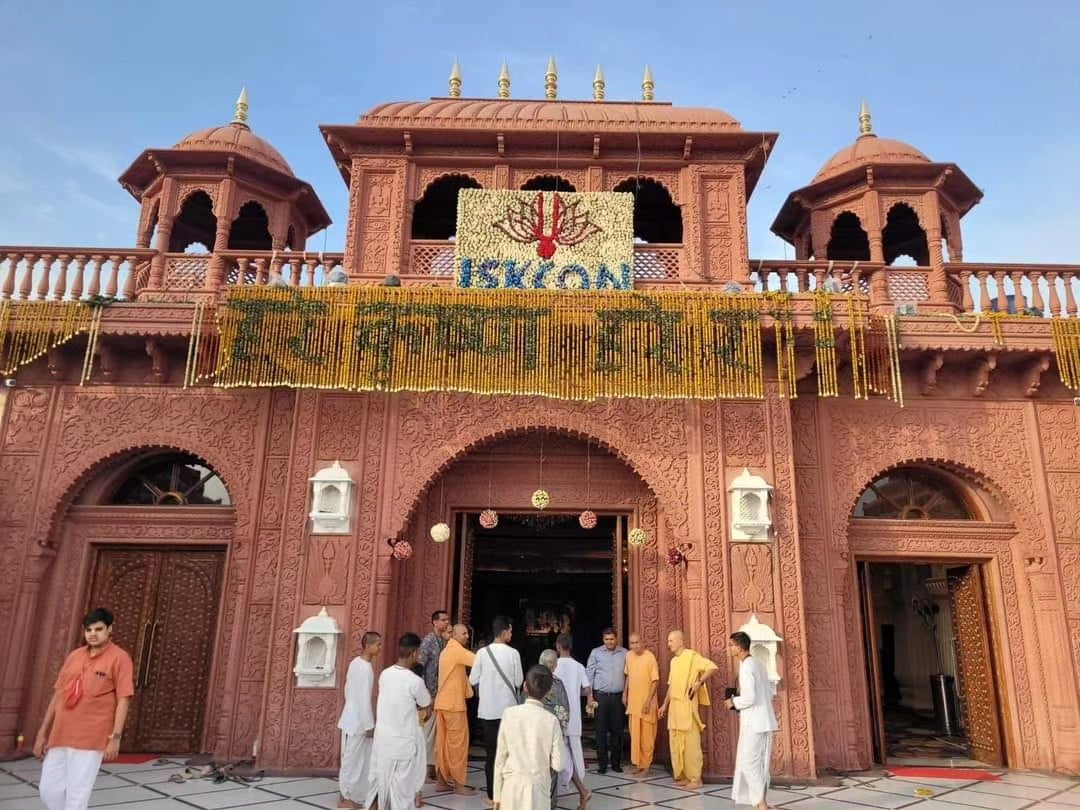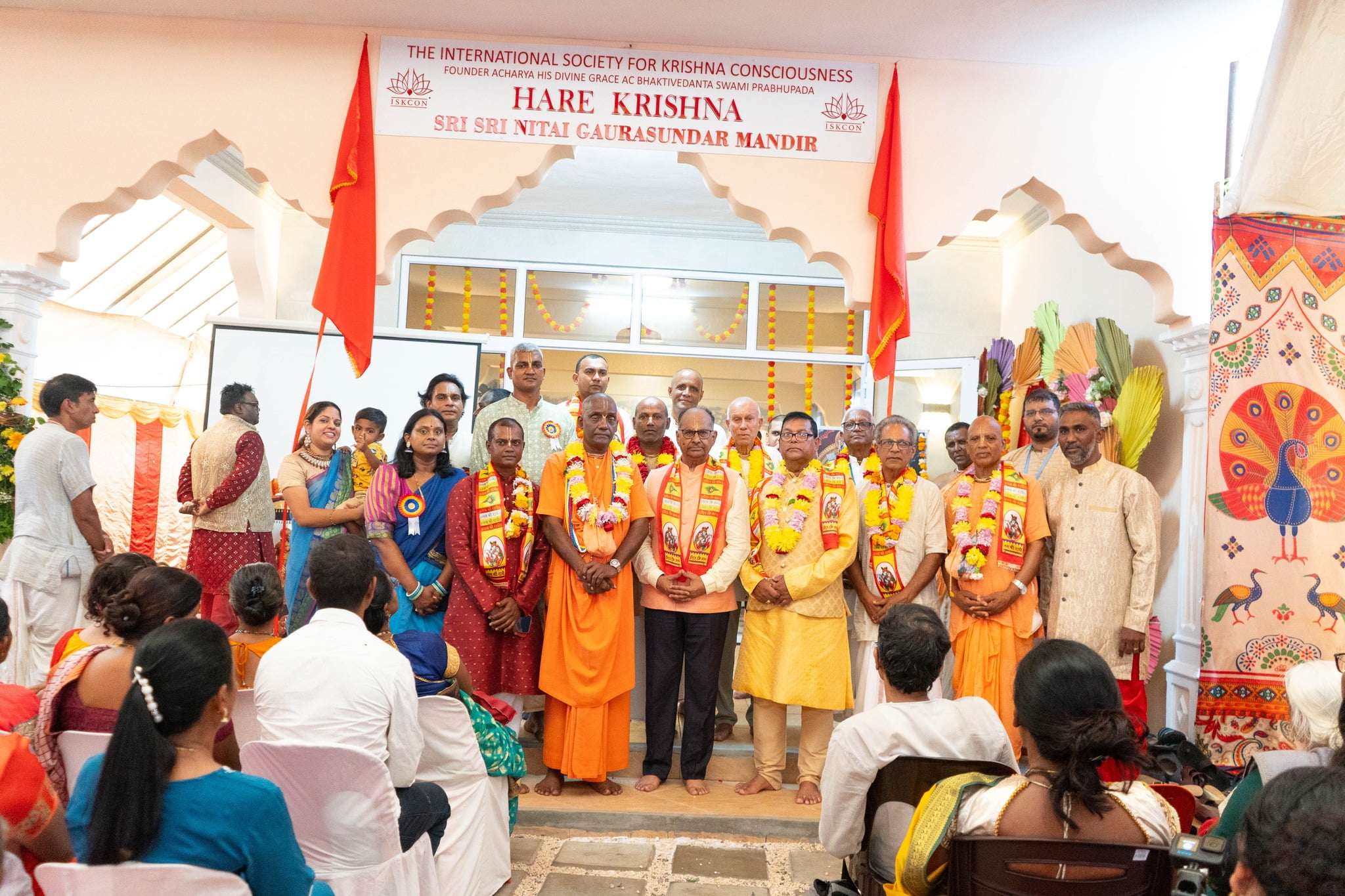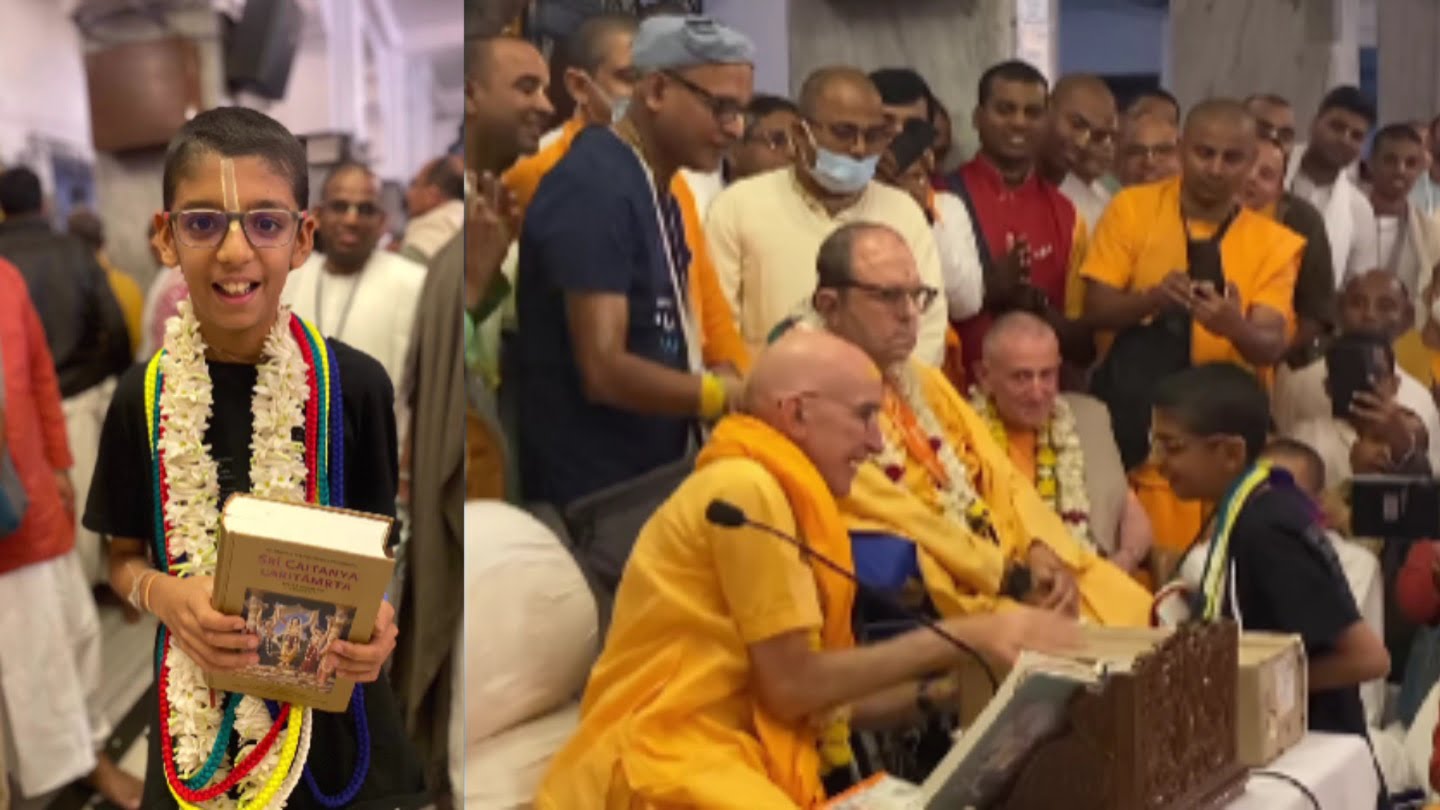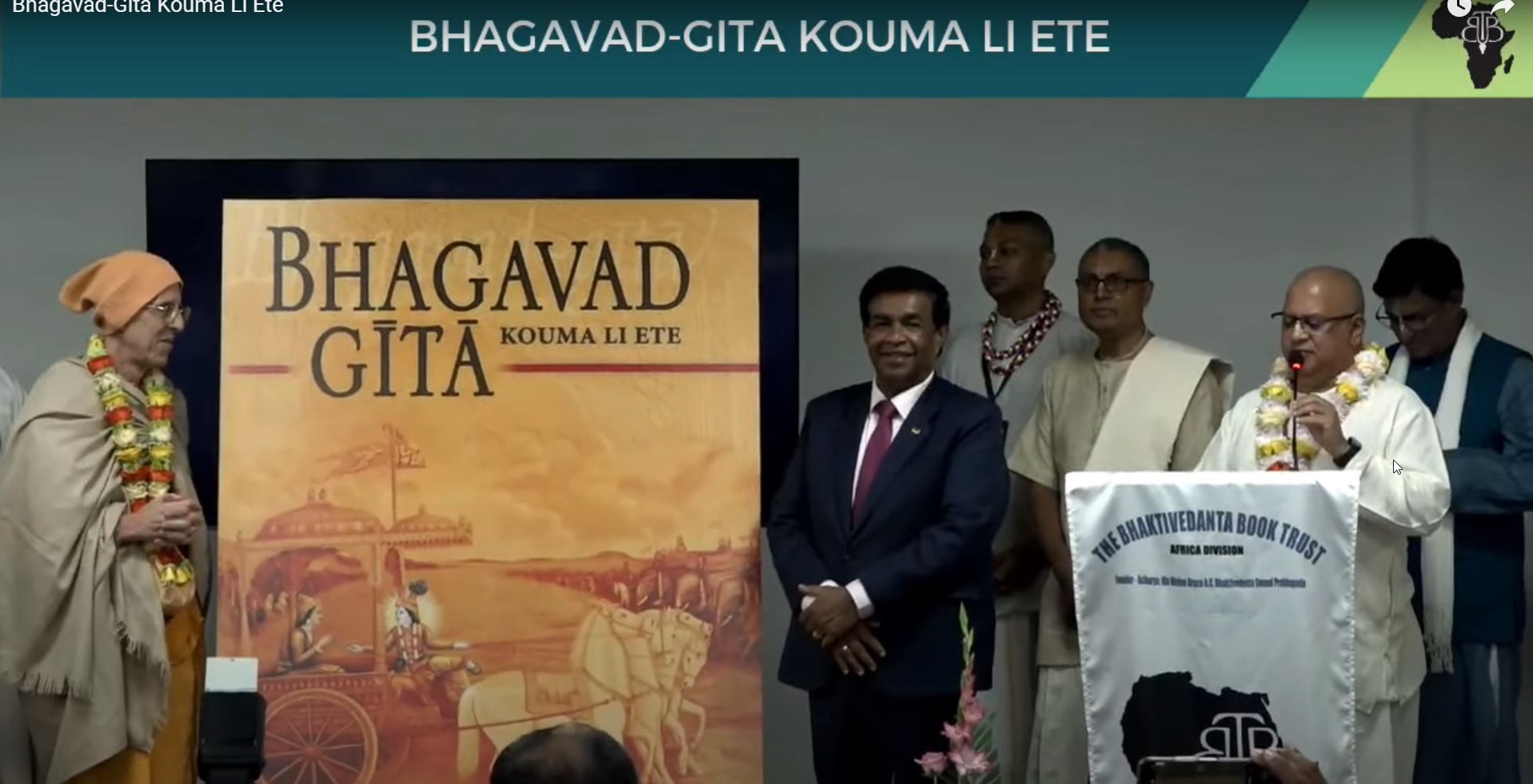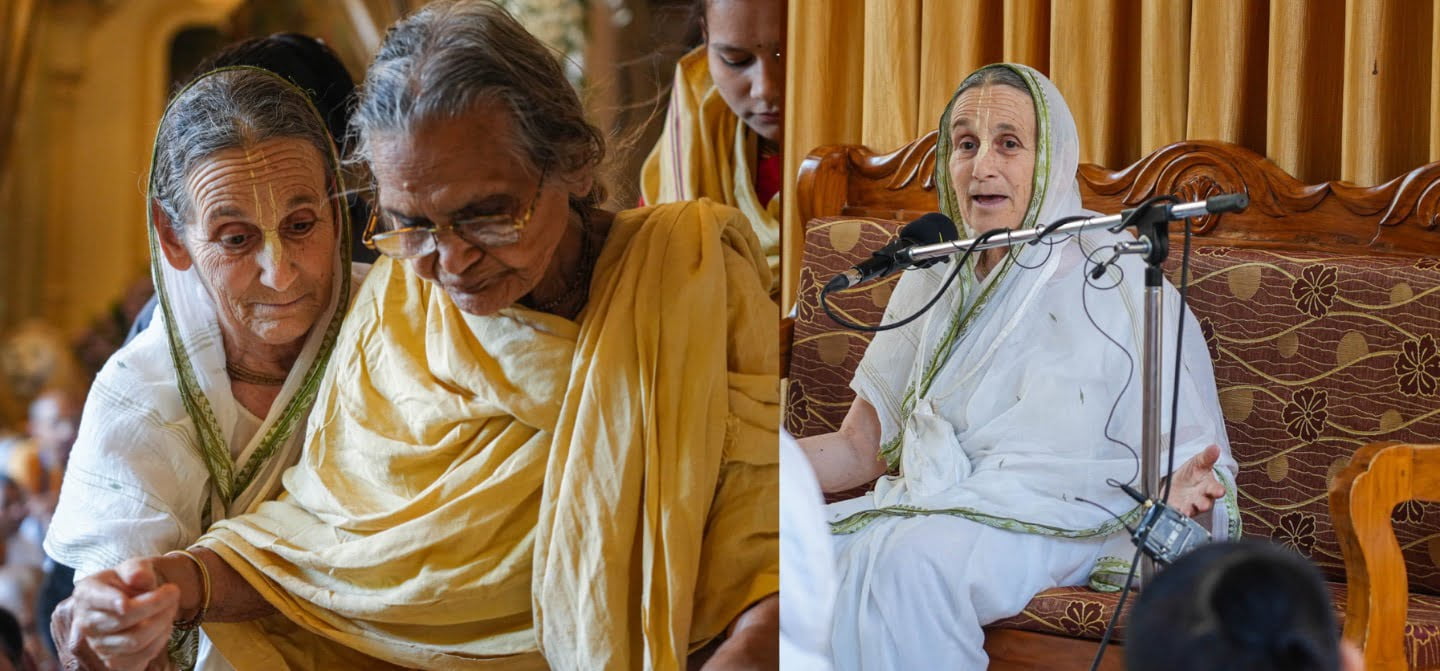For Many Muslims, Start of Ramadan Stirs Up Centuries-old Debate Between Science and Doctrine
By Michelle Boorstein | Aug 14, 2010
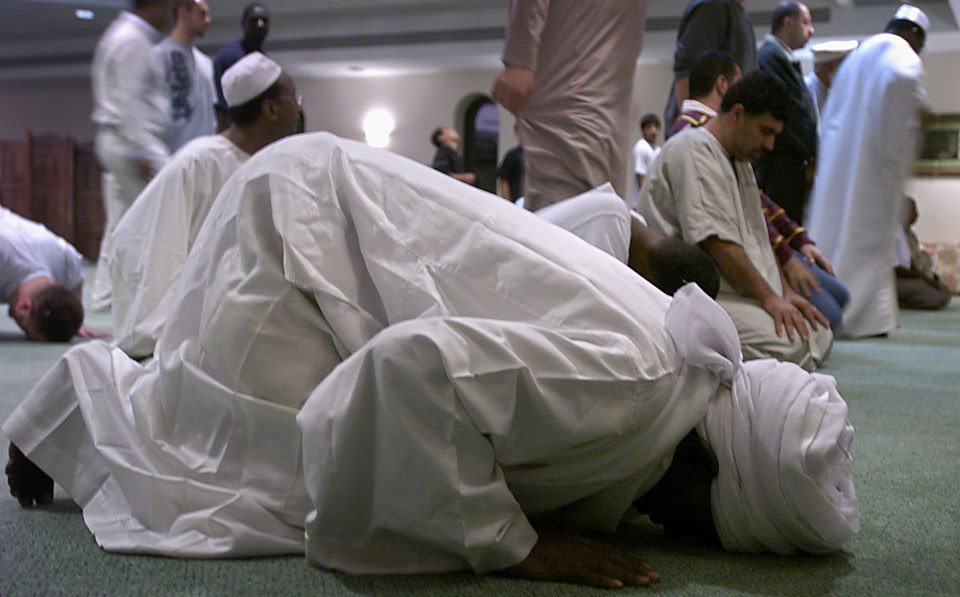
For American Muslims, the start of the holy month of Ramadan means reflection, fasting from sunrise to sunset, community — and a bit of confusion.
As the Muslim population has grown in size and diversity, so has the debate about how to interpret the call to begin observing the holiday at the “sighting” of the crescent moon.
Although much of the Muslim world relies on state-sponsored religious authorities to determine when the first sliver of the moon has been spotted (and Ramadan has begun), American Muslims live in an ethnic, religious and political jumble.
Does Ramadan start when religious officials in your native country declare that a legitimate witness has seen the moon? Or when people in the holy city of Mecca do? Do you have to see it yourself? Can you rely on astronomical calculations? Or should you just go with what the imam at your mosque says?
No less is at stake than one’s definition of community, source of religious authority and expression of faith (not to mention the all-important ability to plan days off from school and work).
There are dueling experts, international conferences and snippy Web exchanges about when Ramadan should begin, and each year there is a span of uncertainty that can stretch three or four days.
The debate can be so contentious that some community leaders said they would admit their preference only anonymously, fearful of taking sides in a split between progressives (who support the use of astronomical calculations) and traditionalists (who believe doctrine calls for seeing the moon with the naked eye).
Read more: http://www.washingtonpost.com/wp-dyn/content/article/2010/08/10/AR2010081005777.html




